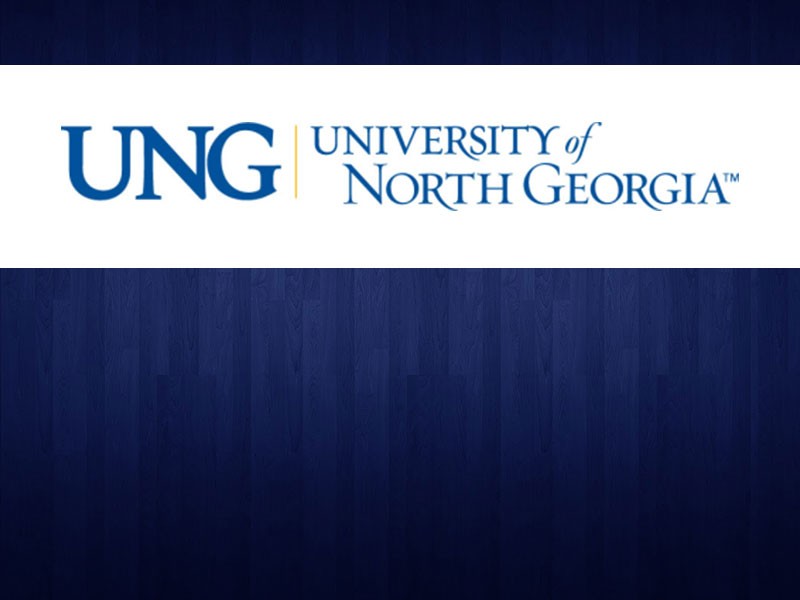In the wake of President Joe Biden's announcement regarding student loan forgiveness for millions of Americans, a University of North Georgia economics professor said that plan will fuel inflation in the country.
Biden's plan includes forgiveness of $10,000 in federal student debt for individuals who earn less than $125,000 a year, or for families that earn less than $250,000. Those who have Pell Grants will receive $20,000 in loan forgiveness.
John Scott, a professor of economics at the Mike Cottrell College of Business, said forgiveness is a big move, particularly for students in North Georgia.
"We have more universities that are reasonably priced, and so students in our area might take out $10,000 in loans a year," Scott said. "Whereas a student at Emory, or a student at Princeton, would probably end up with $150,000 a year. For our students, it means a lot."
And while the relief could be a positive move for those with student debt, Scott said the plan will have a negative impact on inflation in America.
"It will increase the national debt, and the Federal Reserve will likely buy a bunch of that debt and put money in the economy," Scott said. "When they put that money in the economy it will fuel inflation. Inflation destabilizes the economy and makes things bad for everybody. And that would be for students who had decreased student loans and for everyone else as well."
Overall, Scott said he believed the plan was unwise.
"Two economists at the Federal Reserve did a study that showed that for every $3 increase that you hand students, tuition and fees at universities increase by $2," Scott said. "And so as the federal government hands people more money, that increases the demand for education ... and that means universities raise tuition and fees. Some of my students say, 'I could not afford college if it weren't for my loans or aid.' But the thing is, if it weren't for our loans and aid to everybody, they could afford college, because it would be much cheaper."
Scott said prices in general are about three times higher than they were in 1980, but tuition and fees at universities are about 12 times more expensive than they were in 1980. The economists at the Federal Reserve believe this price discrepancy formed because of federal aid for students.
The topic of student loan forgiveness and how it impacts tuition is not a new topic. Scott said he wrote about the matter in the first chapter of the textbook he authored.
The fairness of the student loan forgiveness plan has also been a major point of contention among critics. Scott said issues could start popping up when looking at those who graduated from a college program compared to those who did not finish college or high school.
"About 66% of high school students go to college, and only about 30% of them complete the degree ... many of them end up with loans and they end up with debt," Scott said. "About 15% of people don't even graduate high school. But all these folks will end up paying off loans for other people who did. And those people who did get a college degree, generally have higher income. This will be a case where you will have a lot of people with lower incomes paying for a lot of people with higher incomes."









